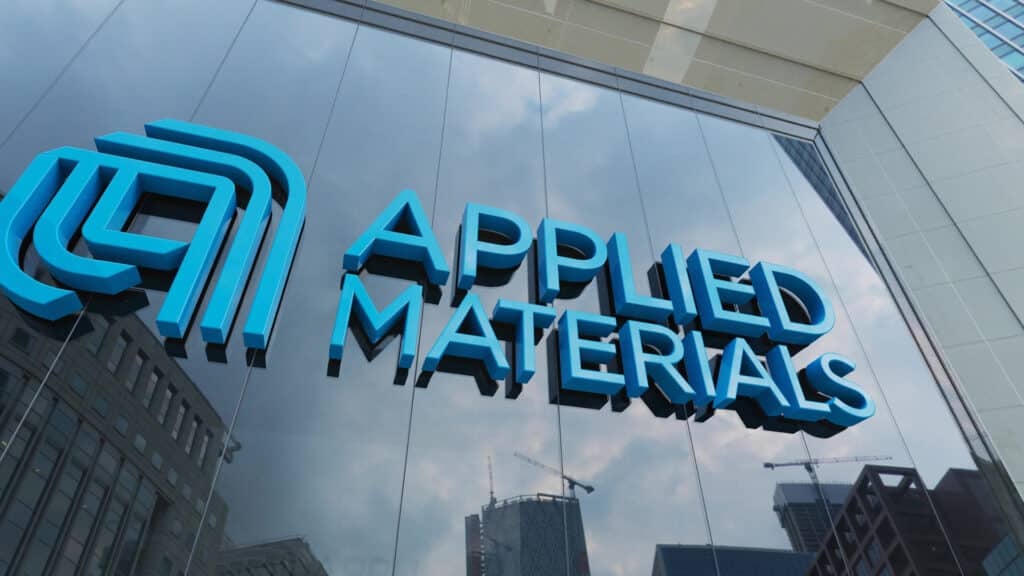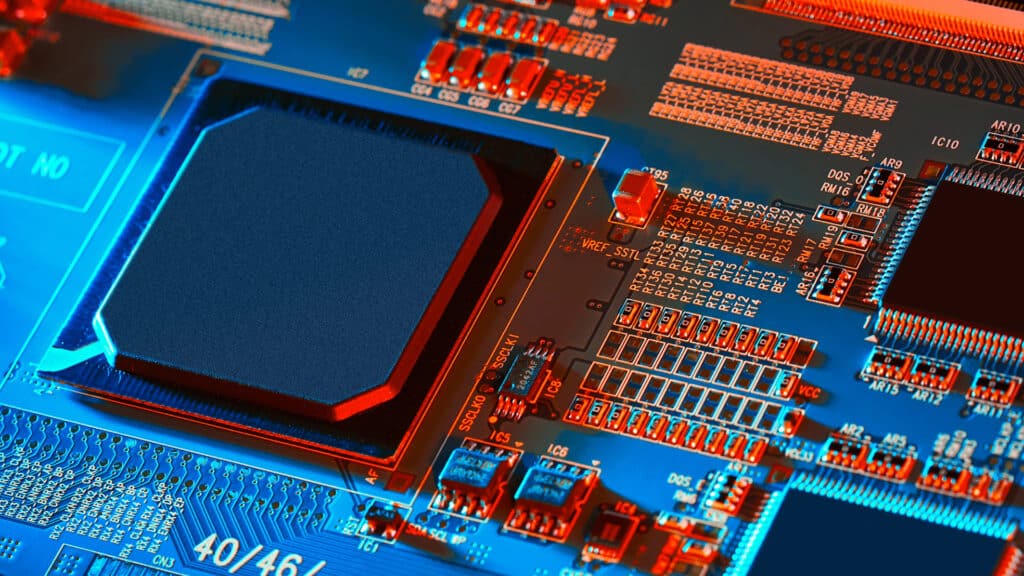Analyst(s): Olivier Blanchard
Publication Date: June 24, 2025
Arm has launched Zena Compute Subsystems to help automakers accelerate vehicle development by one year, reduce chip engineering work, and deliver AI capabilities faster for software-defined vehicles.
What is Covered in this Article:
- Arm introduces Zena Compute Subsystems to accelerate AI-defined vehicle development.
- Automakers can bring vehicles to market one year faster using standardized compute platforms.
- Zena CSS reduces silicon engineering efforts by up to 20% and enables early software development.
- Major OEMs and silicon providers have already adopted or engaged with Zena CSS.
- Zena CSS supports safety, security, and AI workloads across ADAS, IVI, and vehicle control.
The News: Arm has rolled out Zena Compute Subsystems (CSS), a pre-integrated, pre-verified compute platform aimed at helping automakers release AI-powered vehicles up to a year ahead of the usual schedule. Zena CSS simplifies development by standardizing hardware and software integration and cutting silicon engineering efforts by about 20%.
The platform gives software teams a head start, allowing them to develop even before the physical silicon exists. It uses cloud-based virtual platforms from partners like AWS, Cadence, Siemens, and Synopsys. Big names such as Tesla, Rivian, NIO, Mercedes-Benz, Honda, Geely, and various silicon suppliers have already licensed or are in talks to adopt Zena CSS.
Can Arm’s Zena CSS Reshape Automotive AI Development Timelines?
Analyst Take: With Zena Compute Subsystems, Arm directly tackles long-standing delays in automotive silicon development. By offering a pre-validated, safety-certified compute platform, Arm helps automakers and chipmakers move faster, simplify integration, and scale up AI capabilities more easily. This move strengthens Arm’s role as a key player in the growing world of software-defined vehicles, where nearly 95% of the world’s automakers use the company’s IP.
Enabling Faster Development Timelines
Zena CSS lets development start before the silicon is made, thanks to virtual prototyping on cloud platforms from AWS, Siemens, Cadence, and Synopsys. This allows developers to work on AI features, safety systems, and vehicle control software alongside the silicon design. The integrated Fixed Virtual Platform (FVP) model makes co-developing hardware and software easier. As a result, Zena CSS can help carmakers launch new models up to 12 months sooner, giving them a real edge in the market.
Reducing Silicon Engineering Complexity
By combining application processing, real-time computing, safety, and cybersecurity into one certified platform, Zena CSS cuts out the need for duplicate hardware development. Certified to ISO 26262 and ISO 21434 standards reduces the complexity of meeting safety regulations. Silicon engineering efforts drop by around 20%, freeing up resources and lowering costs. Automakers and chipmakers can reuse the same architecture across different models, avoiding the need to redesign and revalidate each time. Zena CSS makes silicon development simpler while still allowing room for customization.
Supporting AI and Software-Defined Vehicle Workloads
The platform is built to handle heavy AI workloads in critical automotive stack areas like Advanced Driver Assistance Systems (ADAS), infotainment, and vehicle controls. It features 16 Armv9 Cortex-A720AE cores for high performance, and a Cortex-R82AE Safety Island for real-time ASIL D processing (the automotive risk classification – part of ISO 26262 – which encompasses functional safety requirements of all of the electrical and electronics systems found in a vehicle).
Arm TrustZone security enclaves provide hardware-level protection across all tasks. Optional Mali GPUs and image processors expand their ability to handle visual processing, such as driver monitoring and surround-view systems. This makes Zena CSS a solid compute platform ready to handle the growing AI demands of next-gen vehicles.
Broad Ecosystem Adoption and Industry Support
Leading automakers and Tier 1 suppliers have either already signed on or are in the process of evaluating Zena CSS for future projects. Companies like BMW, Mercedes-Benz, Panasonic Automotive, Telechips, and Astemo show its appeal to both traditional and EV-focused carmakers. Arm’s developer community, which includes 20 million contributors, along with standards like AUTOSAR, COVESA, eSync, and SOAFEE, gives it strong ecosystem support. This broad adoption helps create a unified development path for automakers and suppliers, positioning Zena CSS as a go-to platform that could speed up the industry’s move toward Arm-based automotive computing.
What to Watch:
- The transition to Zena CSS requires alignment across OEMs, Tier 1 suppliers, and silicon partners for widespread platform adoption.
- Certification and validation processes under ISO 26262 and ISO 21434 remain critical to ensuring functional safety and cybersecurity compliance.
- Integration of partner-specific accelerators and AI workloads will test the flexibility and scalability of Zena CSS across diverse vehicle architectures.
- Broad adoption of Zena CSS may drive consolidation around Arm’s automotive compute platform, influencing competitive dynamics among rival chipmakers.
See the complete press release on the Arm Zena Compute Subsystems launch on the Arm website.
Disclosure: Futurum is a research and advisory firm that engages or has engaged in research, analysis, and advisory services with many technology companies, including those mentioned in this article. The author does not hold any equity positions with any company mentioned in this article.
Analysis and opinions expressed herein are specific to the analyst individually and data and other information that might have been provided for validation, not those of Futurum as a whole.
Other insights from Futurum:
Arm Q4 FY 2025 Delivers Record Revenue as Armv9 and CSS Ramp Up
Google Axion Challenges x86 in Cloud Workloads with Arm-Based Advantage
Arm To Launch Its Own Chip: What Is It Thinking?
Author Information
Olivier Blanchard is Research Director, Intelligent Devices. He covers edge semiconductors and intelligent AI-capable devices for Futurum. In addition to having co-authored several books about digital transformation and AI with Futurum Group CEO Daniel Newman, Blanchard brings considerable experience demystifying new and emerging technologies, advising clients on how best to future-proof their organizations, and helping maximize the positive impacts of technology disruption while mitigating their potentially negative effects. Follow his extended analysis on X and LinkedIn.







